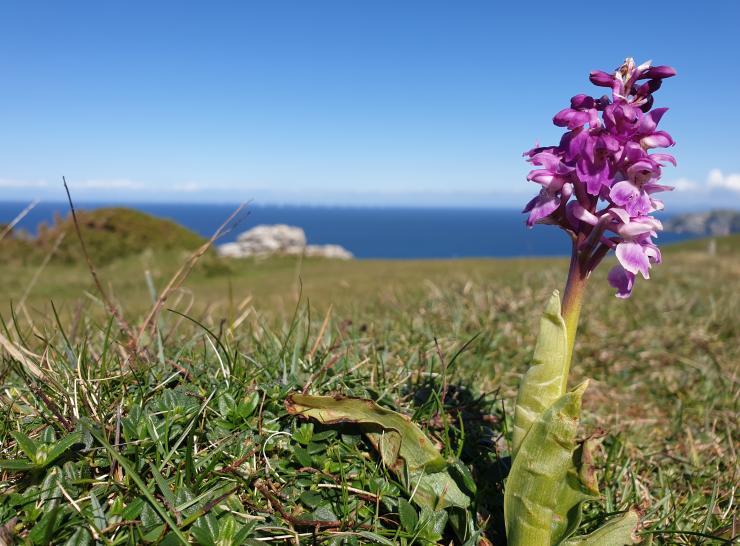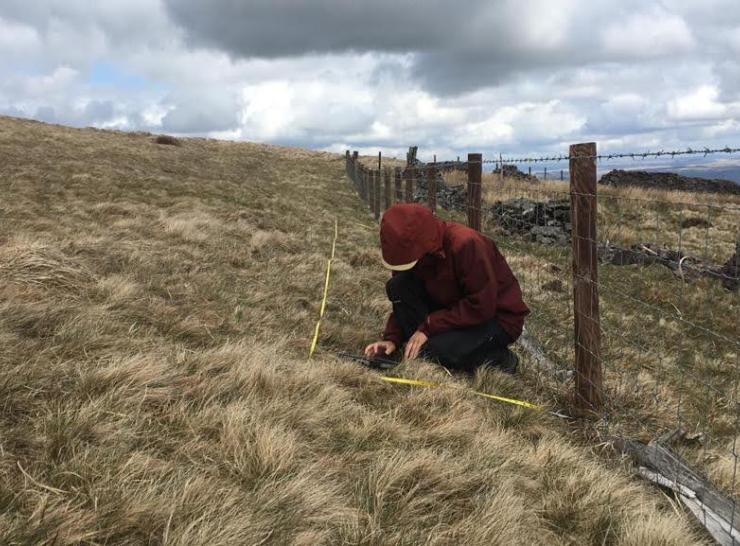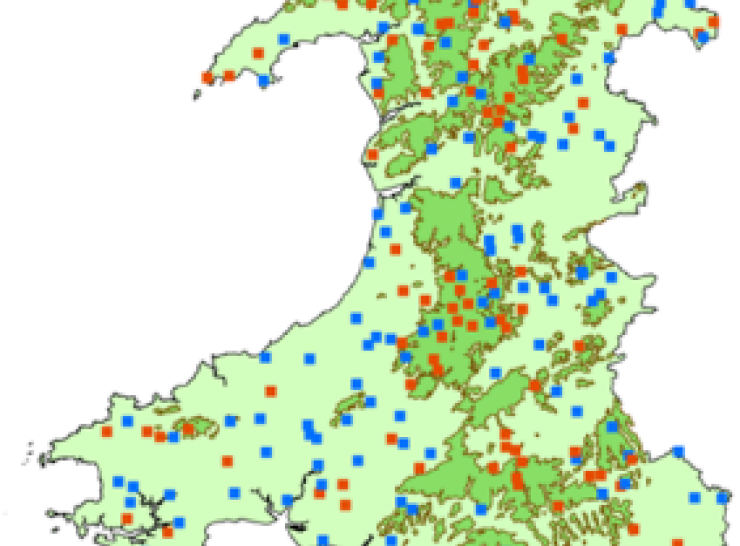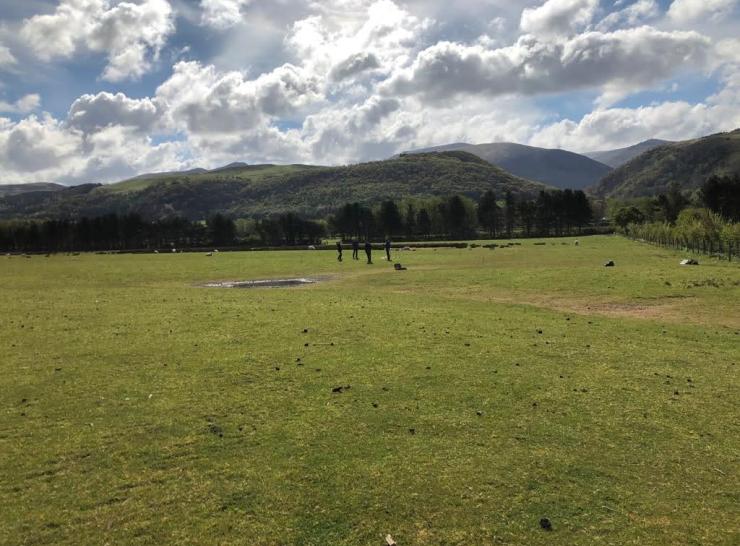Strict biosecurity measures are followed for all ERAMMP field-surveys following the Welsh Government guidelines.
Landowners will be asked about any specific requirements before survey teams visit, and agreed procedures will be followed, for example if plant and tree diseases are known to be present the surveyor teams will avoid these infected areas.
Additionally, measures ensuring the avoidance of exposure to and transmission of Covid-19 will be implemented. The survey will not proceed whenever Welsh Government Alert Level 4 Covid restrictions are in place and will proceed only when conditions allow, observing agreed Covid risk-assessment requirements.
The protocols
These protocols are written for the survey field-workers – full details of methods and practice is done during their training. Compliance to this protocol is enforced throughout the season: Report 53. Field handbook: Biosecurity
This protocol is required procedure for all staff undertaking field surveys for ERAMMP. The biosecurity procedures set out in this protocol have been agreed by Welsh Government and are being used throughout the programme.
What is biosecurity and why is it important?
Biosecurity means taking steps to make sure that good practices are in place to reduce and minimise the risk of spreading invasive non-native species and wildlife diseases.
A biosecurity routine is essential, even when non-native species or signs of disease are not evident at a field site. Good biosecurity practice reduces the risk to the environment and wildlife, as well as being in the interests of businesses, landowners and other stakeholders.
It also educates and reassures the wider public by setting an example of good practice, displaying respect for local communities, and demonstrates a professional approach.
Where is biosecurity relevant?
If, during a site visit, the presence of any disease or pest not previously known to be there is suspected, the ERAMMP field survey manager will be informed at the earliest opportunity.
The field survey manager will be responsible for ensuring that appropriate reporting and investigation are implemented without delay and that temporary precautions are put in place until the outcome is known.
Biosecurity Procedure
Surveyors will be made aware of any additional measures required or requested for this survey prior to visiting each farm or area of land.
However, ERAMMP takes a precautionary approach to biosecurity and assumes that just because a biosecurity threat has not been identified at a site it does not mean one does not exist.
The surveyors use an approved disinfectant that is fully UK DEFRA approved and independently proven highly effective against a wide range of viral, bacterial and fungal disease-causing pathogens which affect poultry, swine, cattle, sheep and other livestock, including avian influenza, swine influenza H1N, foot & mouth disease, PRRS, salmonella, campylobacter, tuberculosis, swine vesicular disease.
Surveyors will:
-
Ensure footwear is clean (visually free from soil and debris) and if necessary brush or wash in soapy water*. They will clean and disinfect footwear on entering each land holding and also before leaving
-
Clean and disinfect footwear if moving between land holdings on foot
-
Ensure their vehicle is kept clean and remove any accumulated mud, especially from wheels and wheel arches
-
Clean and disinfect car wheels before entering each land holding and also disinfect on the edge of the premises when leaving
-
Keep vehicular access to a minimum: ie, will not enter areas unnecessarily and will try to keep to established tracks
-
Respect any notices or instructions
*To avoid any potentially contaminated run off entering water courses or other drainage systems, cleaning of footwear will be carried out at least 10m away from drains and water courses etc. Where there is a risk of spreading pests from a site known to be infected, and a higher level of biosecurity measures is required, then particular care will be taken to ensure that water courses and drains are not contaminated by either the pest itself, the disinfectant, or other agents harmful to the environment such as traffic grime, brake dust, oil, etc. - collectively referred to in the government’s Environmental Regulations as ‘waste effluent’.





